Wirecard under criminal scrutiny in US over alleged bank fraud
US authorities examine if scandal-plagued Wirecard played a role in a bank fraud conspiracy linked to online marijuana sales.
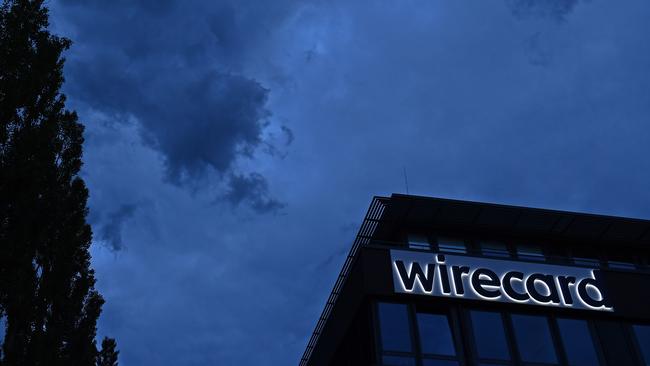
The US Justice Department is examining whether scandal-plagued German payment company Wirecard played a critical role in an alleged $US100 million bank-fraud conspiracy connected to an online marijuana marketplace, according to people familiar with the investigation.
Two businessmen have already been charged in the alleged fraud, accused of conspiring with third-party payment processors and others to trick US banks into approving credit-card payments for marijuana products. The men were able to do this, prosecutors said, by using phony companies with accounts at offshore merchant banks that in turn earned steep fees off the transactions.
The Manhattan US Attorney’s office and the New York field office of the Federal Bureau of Investigation are examining whether Wirecard played a role in the alleged conspiracy by serving as both a payment processor and an offshore merchant bank, the people said. The authorities are also considering the possible role of several former or current top Wirecard executives, two of the people said.
The attention from US authorities adds to the myriad legal woes facing Wirecard, which was once more valuable than any German bank, including Deutsche Bank. The company has rapidly unravelled following revelations last month that more than $US2 billion it had claimed to have may never have existed.
The company hasn’t been charged in the US bank-fraud matter and hasn’t been identified in any public court filings. When one of the two businessmen -- a German e-commerce consultant -- was arrested and detained in California in March, a Wirecard executive offered to help post his bail, court filings show.
A Wirecard spokeswoman declined to comment.
Wirecard, once a fast-growing German fintech company that appeared to thrive with the rise of online commerce, served as a financial middleman for online businesses, including processing electronic payments for retailers, gambling sites, travel companies and other services.
But Wirecard has long been dogged by allegations from investors that the company used third parties and shell companies to generate fake revenue, or claimed to hold cash that wasn’t there. The company filed for the German equivalent of bankruptcy last month, days after it disclosed the missing $US2 billion.
Its chief executive, Markus Braun, resigned last month and is out on bail after being arrested over accusations he inflated Wirecard’s numbers. Mr Braun has consistently denied wrongdoing. His lawyer didn’t respond to a request for comment. A second, unnamed executive was arrested in Munich this week under suspicion of conspiracy to commit fraud.
Munich prosecutors said they are investigating former managers to determine whether they faked income to fool investors about the company’s health. James Freis, formerly the top anti-money-laundering regulator in the US, is serving as Wirecard’s interim CEO.
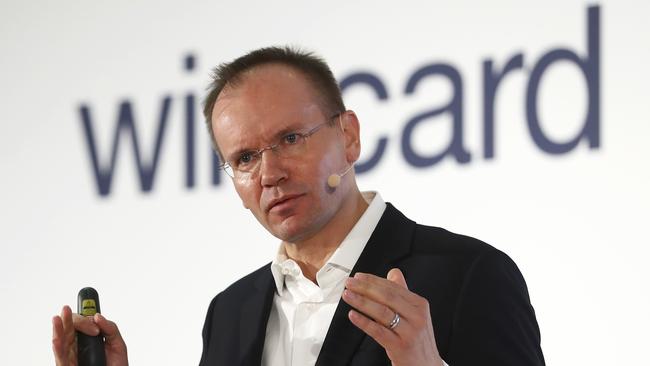
The US case appears to relate to Wirecard’s work in emerging markets, its banking arm and its payment processing services. US authorities’ interest in Wirecard indicates an investigation of far larger scope than suggested in the initial charges involving the marijuana marketplace.
On March 9, Ruben Weigand, a 38-year-old German citizen and resident of Luxembourg, was arrested at Los Angeles International Airport on his way to Costa Rica. His co-defendant, Hamid “Ray” Akhavan, was arrested later that month. Both were charged with one count of conspiracy to commit bank fraud in connection with the marijuana transactions and have pleaded not guilty.
Lawyers for Messrs. Akhavan and Weigand have described the government’s indictment as vague and have disputed the bank-fraud charge, saying none of the US customer banks -- the alleged victims in the case -- were cheated or lost money. They also noted that the underlying marijuana transactions were legal under state law.
Prosecutors allege that Messrs. Weigand and Akhavan worked with executives at the marijuana marketplace -- Eaze Technologies Inc. -- and third-party payment processors to launder those transactions, to evade credit-card company restrictions on processing marijuana sales. In an April court filing, prosecutors said the conspirators used the phony merchants’ offshore bank accounts to disguise payments, tricking US banks into processing tens of millions of dollars in marijuana purchases made through Eaze’s platform.
In a search-warrant application for Mr Weigand’s electronic devices, filed in the case, an FBI agent said the government was seeking evidence of charges including bank fraud, money laundering and conspiracy.
“We are aware of this matter and are fully co-operating with the relevant authorities,” California-based Eaze said last week. Eaze wasn’t named in the indictment and hasn’t been charged.
Between 2017 and 2019, the indictment said, more than $US100 million in credit and debit transactions were processed in the alleged scheme. In one court filing, prosecutors said financial records showed that Messrs. Akhavan and Weigand, along with the banks used to open the phony merchants’ accounts, collected fees that were in some cases more than 10% of the marijuana transaction. Prosecutors alleged that the high fees reflected the risk banks associated with processing such transactions.
“We were thrilled to see these indictments because this is a strong indication that the problems at Wirecard span far beyond accounting fraud,” said Fahmi Quadir, a New York short seller who wrote to Wirecard’s auditor early last year flagging her concerns about Wirecard.
Wirecard wasn’t named in the indictment or in any public court filings. The people familiar with the investigation said Wirecard executives worked with Messrs. Akhavan and Weigand to create a payment processing network that authorities say skirted banking rules and defrauded US banks.
Mr Akhavan, a California businessman, worked closely with Eaze executives as a consultant, while Mr Weigand was responsible for managing Eaze’s relationships with European banks that held the offshore accounts, according to court filings and people familiar with the matter.
In a court proceeding earlier this spring, prosecutors said Mr. Weigand was “connected to a criminal network with access to substantial financial resources,” adding that the $US100 million in transactions described in the indictment is likely a “significant underestimate of the actual amount of money handled by this organisation.”
Mr. Weigand has been held at a Southern California jail since his arrest. Manhattan federal prosecutors have argued for his continued detention, saying he poses a substantial flight risk. Germany doesn’t extradite its own citizens to the US.
In an April letter to US District Judge Jed S. Rakoff seeking their client’s release, Mr Weigand’s lawyers proposed a bail package including a $US4 million bond, secured by Mr Weigand’s Luxembourg home, and $US1 million in cash provided by Mr Weigand’s friends. One of those friends, Markus Fuchs, offered to contribute $US150,000 toward the cash package, according to the court filings. Mr. Fuchs is vice president of global sales at Wirecard Global Sales GmbH, based in Munich, according to his LinkedIn account. He was also named as a director of Wirecard’s holding company in the UK in a September bond prospectus.
Mr Fuchs also wrote a letter of support for Mr Weigand, describing him as one of his closest friends.
Mr Fuchs didn’t respond to requests for comment.
Mirko Hüllemann, chief executive of another German payment-processing company called Heidelpay, also offered to help Mr. Weigand, according to court filings. He wrote a letter of support and offered to pay $US800,000 and sign the bond. Between 2001 and 2003, according to his LinkedIn profile, Mr. Hüllemann was managing director of United Payment GmbH, a unit of a company that eventually became Wirecard. A spokeswoman said he wrote the letter in his “personal capacity.”
With Juliet Chung and Patricia Kowsmann
Wall Street Journal

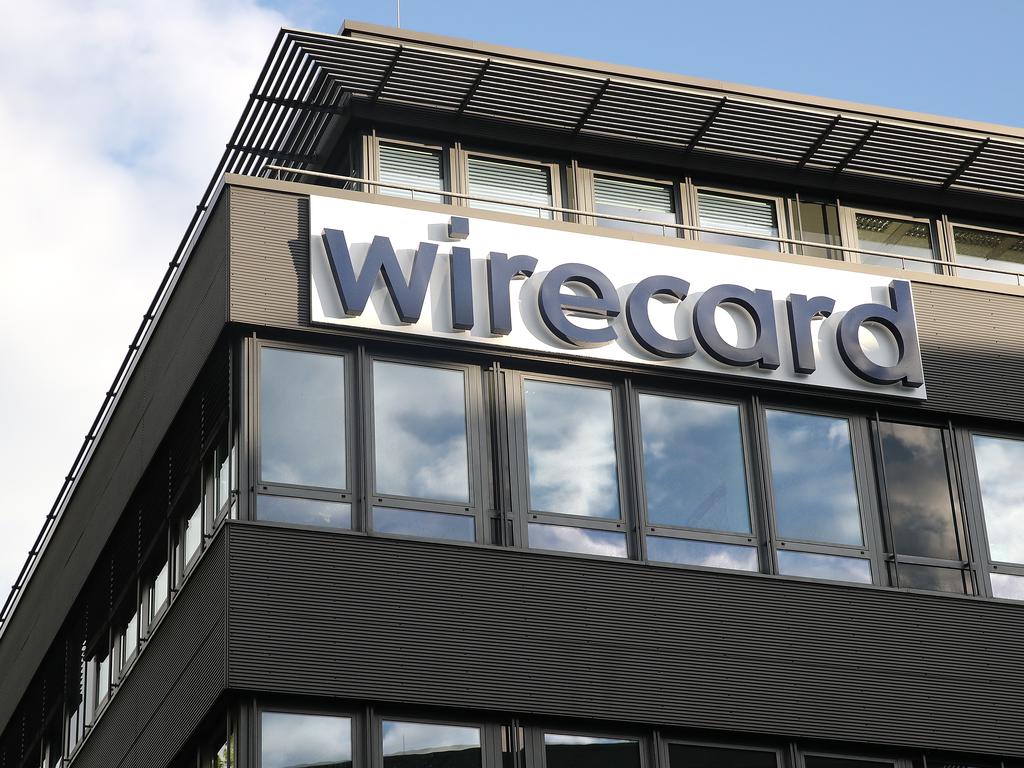

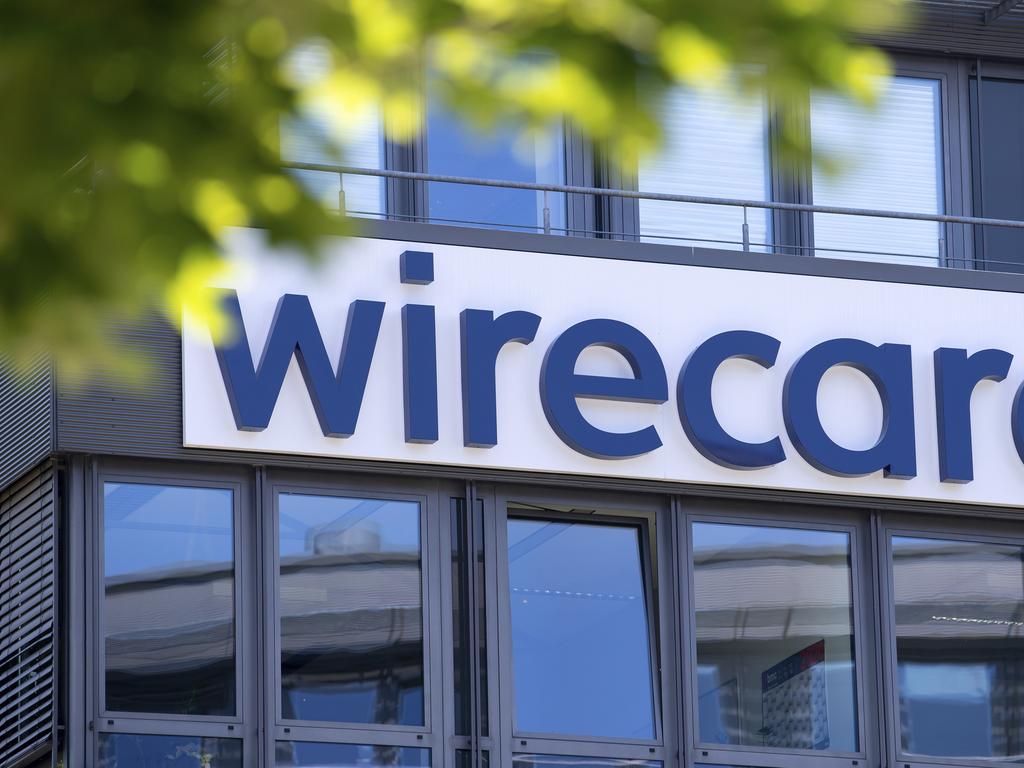
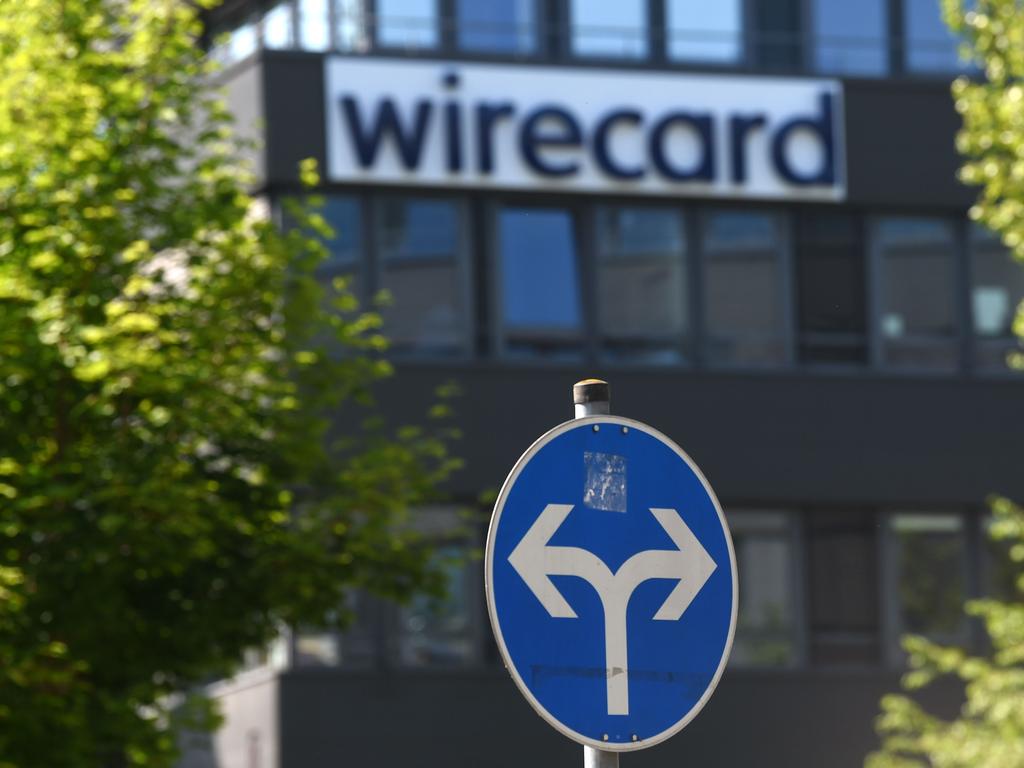


To join the conversation, please log in. Don't have an account? Register
Join the conversation, you are commenting as Logout